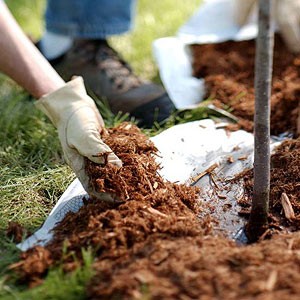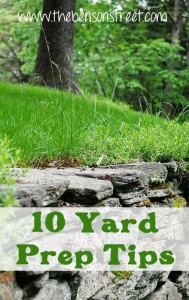What is the difference between compost and mulch?
Compost should be worked into the soil (eventually, at least) to make it more fertile. Mulch, by contrast, is spread atop the soil, both to protect the soil from the elements and to suppress weeds. While it is true that organic mulches will eventually decompose, thereby themselves becoming compost, their function as long as they serve
Overview
For something so valuable to your plants (the “humus” resulting from the composting process is sometimes termed “black gold“), it is surprisingly simple to make compost. The basic idea is to stack compostable materials in layers in some sort of container, then keep the pile adequately watered. The right mix of materials and the correct amount of watering will put microorganisms to work for you, to break down the pile. Turn the pile occasionally with a pitchfork (see below). The pile will heat up, and the materials will decompose.
http://landscaping.about.com/od/soilsfertilizers/a/How-To-Make-Compost.htm
Mulch – What Is It and Which Mulch Should You Use Where?
What is Mulch?
Mulch is any type of material that is spread or laid over the surface of the soil as a covering. It is used to retain moisture in the soil, suppress weeds, keep the soil cool and make the garden bed look more attractive. Organic mulches also help improve the soil’s fertility, as they decompose.
Organic Mulch
Examples of organic mulches include:
- Bark, Shredded or Chipped
- Compost
- Composted Manure
- Grass Clippings
- Newspaper
- Shredded Leaves
- Straw
Organic mulch will decompose and have to be replaced, however in the process it will also improve your soil’s fertility and, of course, its organic content. Generally the dryer and woodier the mulch, the slower it will decompose and the less nutrients it will give to the soil.
To read this article: http://gardening.about.com/od/gardenmaintenance/a/Mulch.htm



